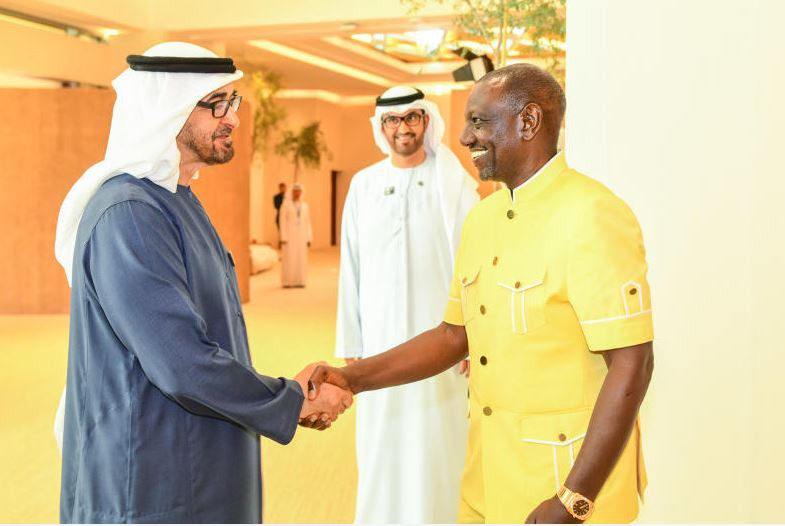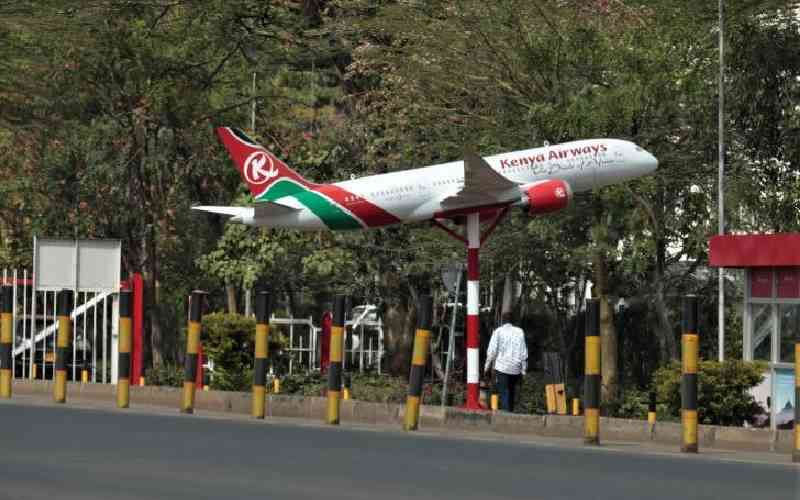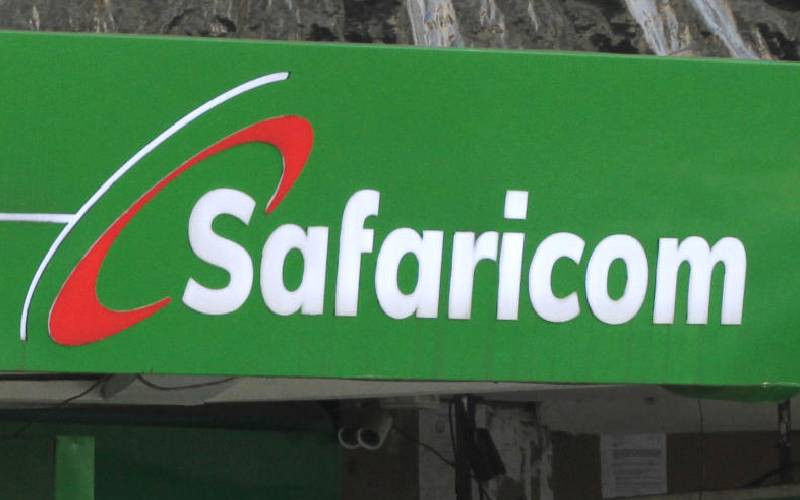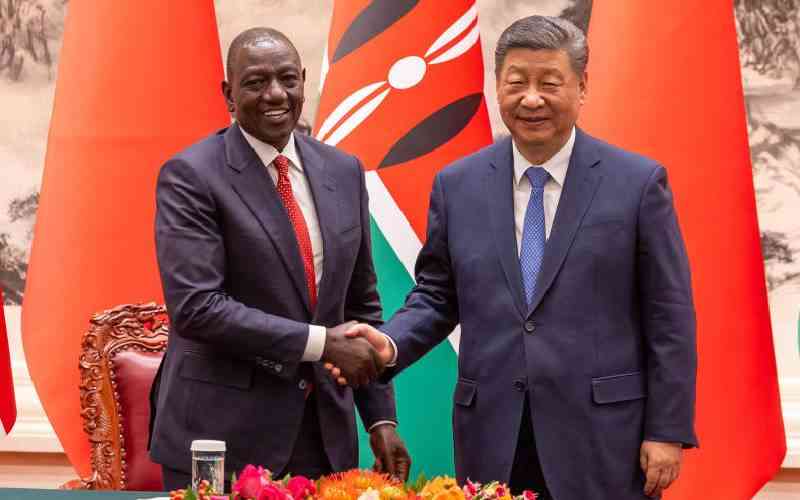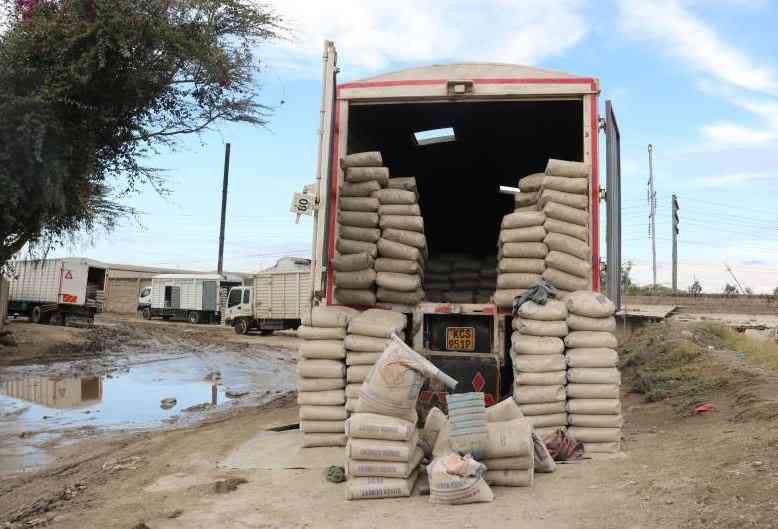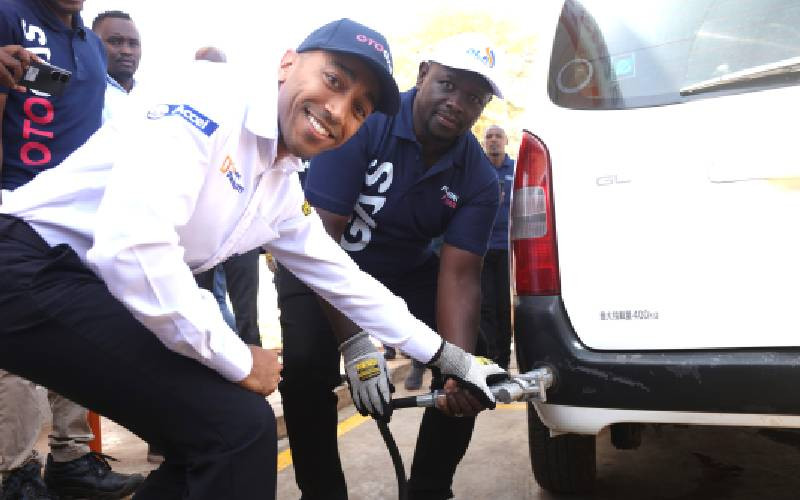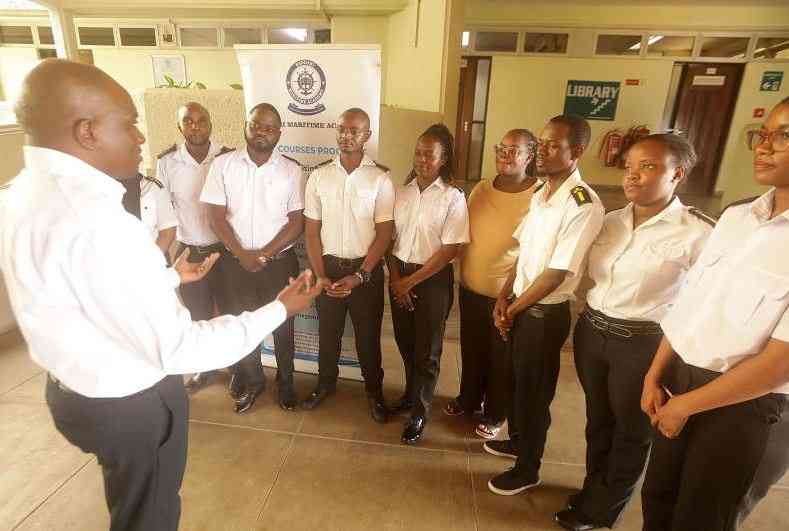×
The Standard e-Paper
Join Thousands Daily

The Ministry of Petroleum and Mining recently held a press conference to announce the signing of a Head of Terms (HoTs) agreement with the joint venture partners of the South Lokichar Turkana project.
As with previous agreements, the ministry cited official secrecy and commercial confidentiality in declining to disclose details of the agreement reached with three oil majors for development of the oil basin.

